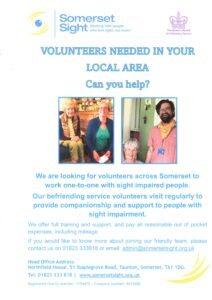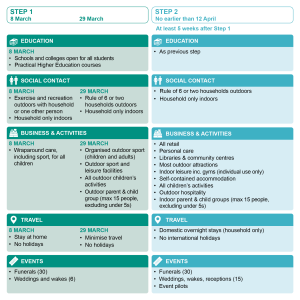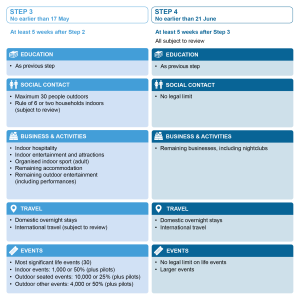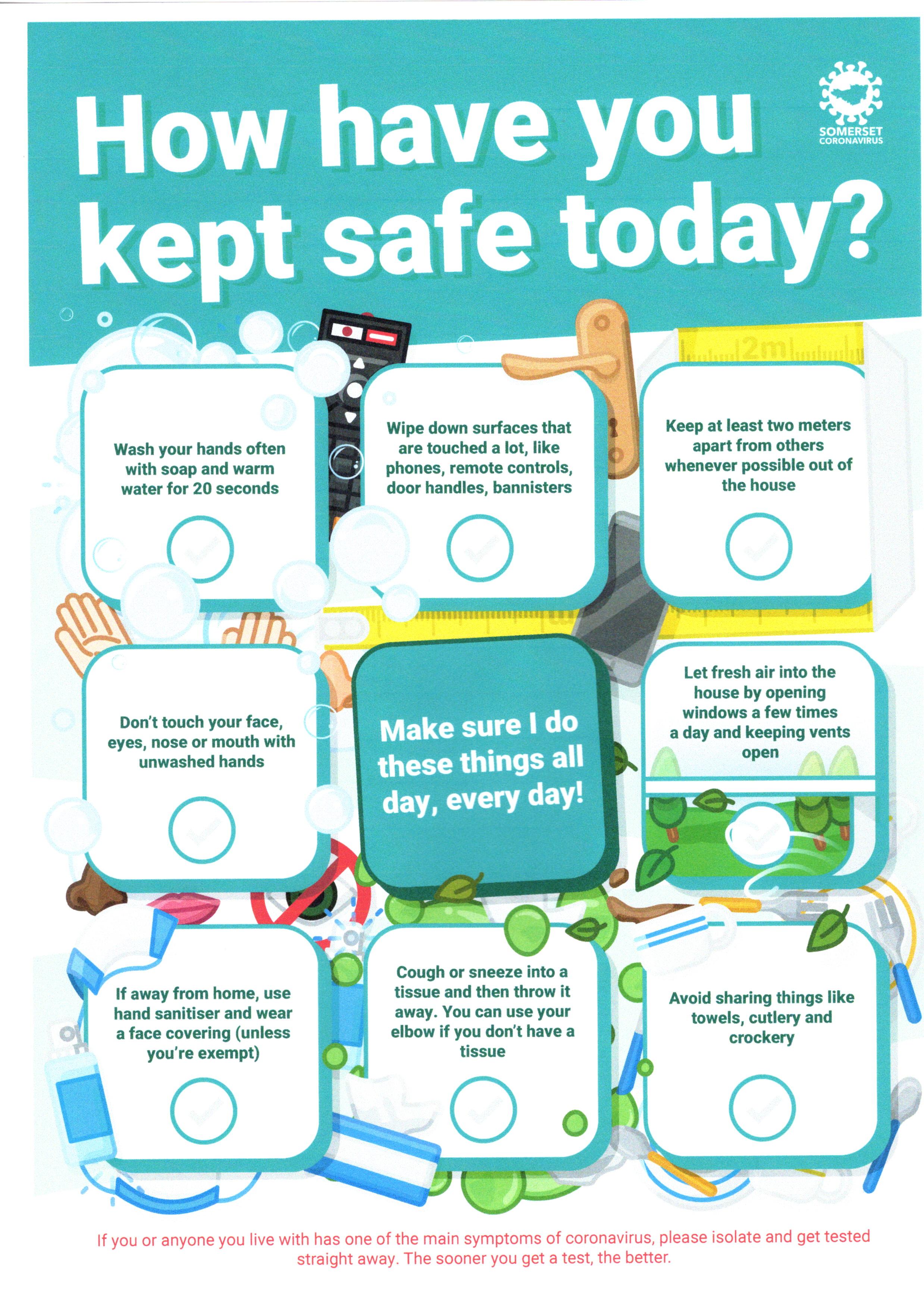Unpaid carers invited for vaccination
|
Type 2 Diabetes. Are you at risk?
National Diabetes Prevention Week (16 to the 22 April 2018)
Somerset GP Practices, hospitals and community health services have teamed up with Diabetes UK to help encourage the public to find out if they could at risk of developing Type 2 diabetes.
Take the Type 2 diabetes risk survey?
By completing Diabetes UK’s new five-minute online Diabetes Risk Survey (https://riskscore.diabetes.org.uk/start) local people could be taking the first steps to preventing what is rapidly becoming a major cause of preventable sight loss, kidney failure, heart attack and stroke.
Those most at risk may already have a family history of the disease; they may be overweight, or have a poor diet (high in sugar, fat and salt) and take little or no physical exercise.
What next?
If you complete the survey and believe you are at risk, then talk to your GP Practice Nurse about what advice and support is available. Somerset is pilot area for testing new smartphone technology which can help people reduce their risk by helping them to make changes to their diet and lifestyle. You may be eligible to be part of the pilot scheme.
What is the impact of Type 2 diabetes on Somerset?
In Somerset there are already over 30,000 people are living with the disease of which 90% will be living with Type 2 diabetes. Those at risk may have no obvious signs that they have the condition but public health experts already estimated there could be as many as 10,000 people in Somerset who are undiagnosed.
Last year Somerset Clinical Commission Group spent over £8 million on prescription medicines for people with diabetes and a further £6 million on hospital treatments.
The cost accounts for some 10% of Somerset CCG’s £724 million annual budget.
Each year, between 2,000 and 2,500 people are newly diagnosed with diabetes.
If people take no action to reduce their risk of developing Type II Diabetes is estimated that 53,000 people in Somerset could have the disease by 2030.
If you want to know more about Type 2 diabetes and how to reduce your risk of the condition you can also visit the Diabetes UK website at: www.diabetes.org.uk.



